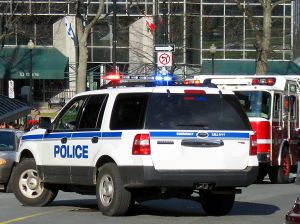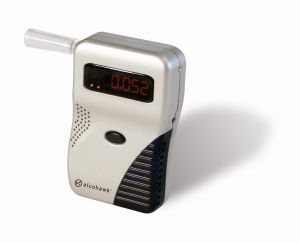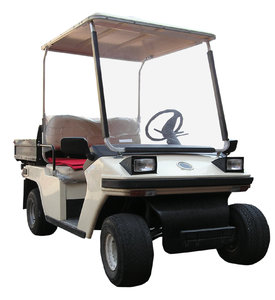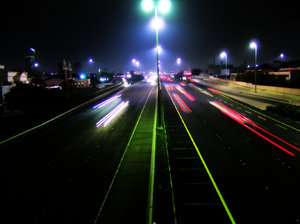We often talk about the risks that are associated with drinking and driving. But there are other ways that you can find yourself in a tough situation while drinking.
You might believe that walking home after a night at the bar is a good idea (hey, it’s better than driving), but you could be wrong. A new study released Monday by the National Highway Traffic Safety Administration (NHTSA) reports that walking while under the influence is a major cause of pedestrian death.

According to Yahoo! News, drinking and walking can be just as deadly. According to new data, about a third of all of the pedestrians in the U.S. who were killed in 2011 reported a blood-alcohol level above .08 (the legal limit for driving).
Our Boston drunk driving accident lawyers understand that of the pedestrians who were killed in accidents in 2011 who were between the ages of 25 and 34, half of them were alcohol-impaired at the time of the accident. In comparison, close to 15 percent of all of the drivers involved in accidents in which a pedestrian was lost had a blood alcohol level over the legal limit.
Because of these findings, Anthony Foxx, Transportation Secretary, recently released a new effort to reduce the risks for pedestrian fatalities.
Jonathan Adkins with the Governors Highway Safety Council says that anti-drunk driving campaigns may be helping to increase the number of intoxicated walkers.
In 2011, there were close to 2,500 pedestrians killed on our roadways, which serves as a near 5 percent increase from the previous year.
According to USA TODAY, alcohol can impair the judgment of someone who is walking and can in turn lead them to make bad decisions, like crossing is against the light, crossing a road in the wrong place, or trying to beat a bus that’s coming.
“We haven’t done such a good job of reminding them that other drunk behavior, including walking, can be just as dangerous,” said Adkins.
The truth of the matter is that alcohol affects the brain in some serious ways — ways that can wind up killing us. Many of the impairments of alcohol can be detected after just one glass of alcohol.
Influences of alcohol’s effects on the brain:
-How much a person has had to drink.
-The age at which a person first started drinking alcohol.
-How long a person has been drinking.
-The age of the drinker.
-Risks resulting from prenatal alcohol exposure.
-A drinkers overall general health status.
Pedestrians are at some of the highest risks for injury or death in the event of a traffic accident. But it’s not just intoxication that is putting these vulnerable travelers at serious risk. Safety advocates have been warning for a number of years now that they have also been witnessing an increase in the number of distracted walking accidents. There have been various studies that have illustrated the increase in the number of people who are talking on their cellphones while walking make more mistakes while walking along our roadways.
Continue reading

 Boston Drunk Driving Accident Lawyer Blog
Boston Drunk Driving Accident Lawyer Blog










